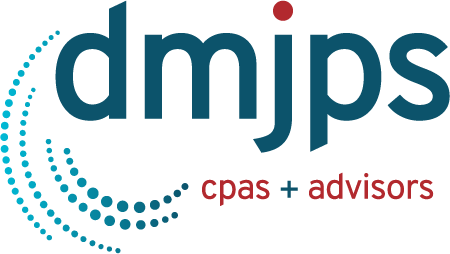The Biden Administration recently announced updates to the Paycheck Protection Program (PPP), created to help small and minority-owned businesses impacted by the coronavirus pandemic continue their business operations.
The changes suggested by the Biden administration were established in an effort to help make access to the loan program more equitable.
What Is the Payroll Protection Program?
The PPP small business loan was introduced via the Coronavirus Aid, Relief and Economic Security (CARES) Act passed on March 27, 2020.
The PPP provides funding to assist small and minority-owned businesses whose operations have been negatively affected by the coronavirus pandemic.
This funding is intended to provide small businesses with the means to cover up to eight weeks of payroll and other related expenses. Additionally, the funds can be used to pay other operating expenses such as utilities, rent, and mortgage expenses.
In total, the aid will cost the US anywhere from $4 billion to $7 billion depending on how many loans are forgiven.
While considered loans, the funding can be forgiven if the small business complies with the rules as outlined in the plan and applies for forgiveness. For those who do not meet the standards for forgiveness, the loans will be moved to a 1% loan with a two- or five-year repayment period, depending on when you applied.
In order to be eligible for forgiveness, loan recipients must spend at least 60% of the funds on payroll costs during the 8th to 24th week after receiving the loans.
What Changes Are Being Made to the PPP?
The Biden Administration has announced the following changes to the PPP small business loan program:
- Beginning February 24, 2021, only businesses with fewer than 20 employees will be able to apply for the Payroll Protection Program for a period of two weeks.
- Eliminating the restriction for small business owners with previous non-fraud felony restrictions from applying for PPP funding.
- Removing the restriction for small or minority-owned business owners who are behind or in default on federal student loans from applying for assistance.
- The rules adjustment will set aside $1 billion for small businesses with no employees who live in low- and moderate-income areas. In addition, independent contractors, sole proprietorships, and other self-employed individuals will be able to apply using a revised loan calculation formula intended to expand those businesses’ eligibility for funding.
Who Is Eligible To Receive PPP Funds?


Outside of the exclusive application window for small businesses with fewer than 20 employees, small businesses with fewer than 500 employees may be eligible.
Businesses such as hedge funds, private equity firms, publicly traded companies with substantial market value, and those engaged in illegal activities, among others, would not be eligible to apply for PPP small business loan funds.
All persons eligible to receive the funds must also be eligible to have their loan forgiven if they do not wish to pay back the loan in full. Otherwise, the entirety of the loan will be required to pay back in full with a 1% interest rate.
What Is the Application Deadline?
The deadline to apply for this round of funding for the PPP small business loan is May 31, 2021. This deadline was originally set for March 31st but President Biden updated the timeline to provide more relief.
How Do You Apply for Funding?
While the Small Business Administration (SBA) oversees the disbursement of funds for the PPP, you will want to work with a local financial institution such as a bank or credit union that is authorized by the SBA to issue loans.
The Payroll Protection Program has been a lifeline for many small businesses, providing funding to help them navigate through the uncertainty of the coronavirus pandemic.
If you have any questions about how the new PPP small business loan might impact your business, please contact DMJ.


